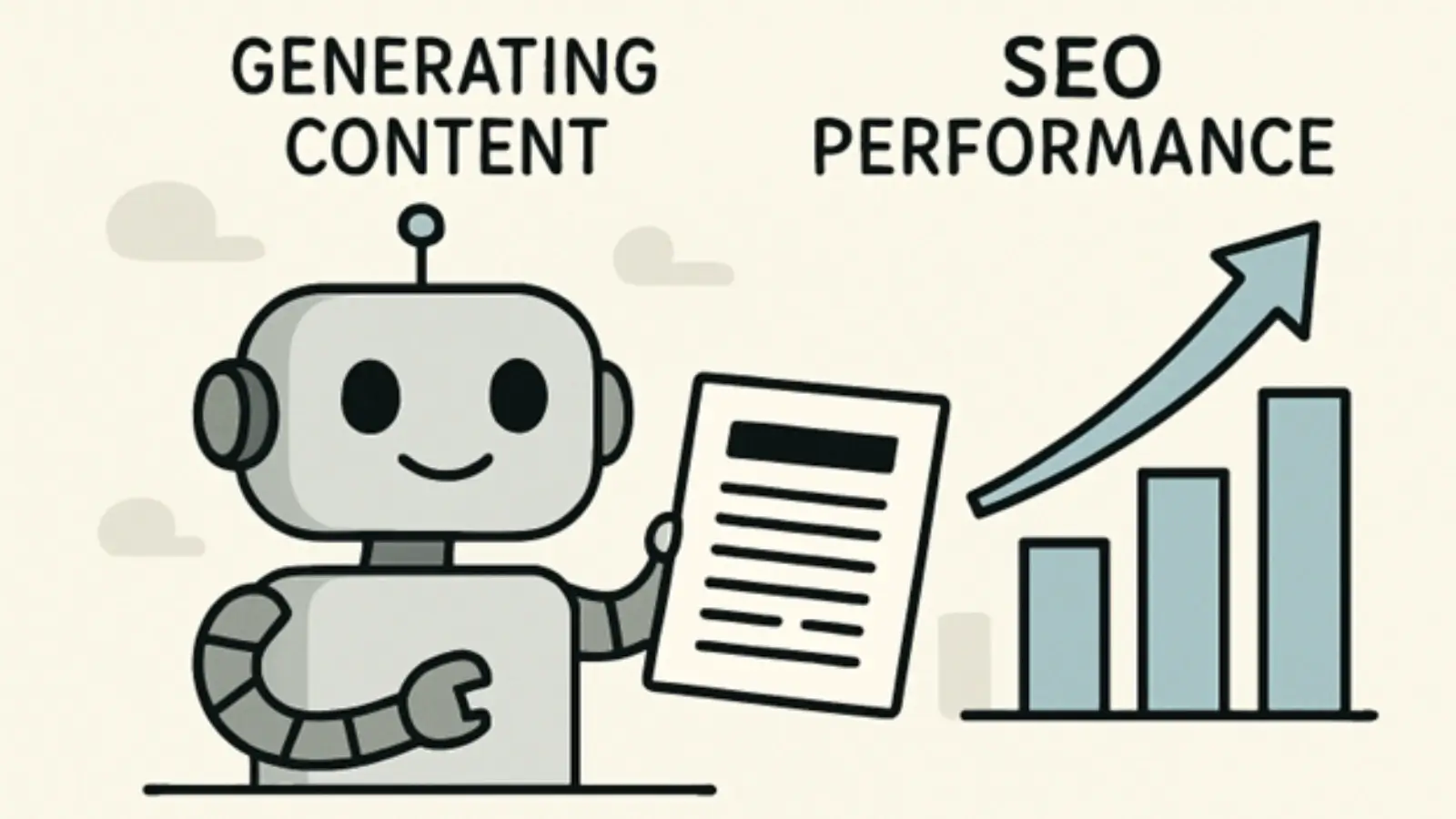


As the competition for digital visibility intensifies, strong SEO strategies are indispensable for business growth in 2025. Evolving algorithms, advanced user behavior, and AI technologies are transforming how businesses engage with organic search. Forward-thinking organizations leveraging expert partnerships, such as ETOS Consulting, position themselves to thrive amid these changes.
The focus has shifted from just keywords and backlinks to a holistic approach, encompassing technical, content, and brand elements. Understanding how current trends impact SEO will enable businesses to lead rather than follow in the evolving search landscape.
Innovators are already leveraging generative AI, adapting content for zero-click results, and integrating a seamless user experience from first search to conversion. Prioritizing these strategies now can mean the difference between organic growth and falling behind.
With frequent updates from search engines and rising expectations for authoritative information, the coming year promises significant opportunities for brands committed to creating value and relevance for users.
Artificial intelligence has changed the content marketing landscape, enabling organizations to develop SEO-rich content faster, at scale, and matched to user intent. AI platforms analyze trending topics, identify keyword gaps, and generate drafts aligned with algorithmic preferences.
Additionally, AI-driven content optimization ensures that each piece serves both search intent and user engagement signals. From meta tag generation to semantic analysis, these technologies reduce manual effort while improving on-page factors that influence rankings. For a comprehensive overview of how AI is impacting content and SEO, see resources published by Search Engine Journal. This advancement enables marketers to devote more time to creativity, storytelling, and strategy instead of repetitive optimization work. As AI tools continue to progress, the partnership between human insight and artificial intelligence will redefine the future of content marketing efficiency and innovation.
Nearly two-thirds of Google searches now end without a website visit, thanks to instant answers, featured snippets, and knowledge panels. To sustain visibility, brands must ensure content is easily extracted and displayed by search engines. Structuring web pages to address common queries with clear formatting (such as lists, tables, or summaries) helps earn these coveted placements.
Implementing schema markup further increases the likelihood that content will be selected for zero-click results. Schema makes it easy for bots to interpret and surface relevant information, establishing expertise, authority, and trust (E-A-T) with minimal user effort. As the focus shifts from mere clicks to informational satisfaction, zero-click optimization remains a crucial tactic.
Search engines increasingly reward those who become authoritative voices in their industry niches. Comprehensive content on focused topics, supported by internal linking across silos and a library of related resources, signals expertise and reliability. Building topical authority means investing in long-form guides, original research, and case studies that comprehensively answer searcher needs.
Regularly updating cornerstone content with the latest data and insights further strengthens authority. Encouraging collaboration with subject matter experts and leveraging user-generated content (such as testimonials and reviews) builds both topical depth and credibility in the eyes of algorithms.
The importance of imagery and video in search is expanding, with tools generating substantial referral traffic. Enhancing images through descriptive alt text, using modern formats like WebP, and adding structured data improve their visibility. Clear, high-quality visuals with proper captions boost image search rankings and boost page engagement. For videos, embedding short clips that highlight key points can increase user dwell time and satisfaction.
The next evolution in SEO involves optimizing for generative AI systems that power search features, smart assistants, and product recommendation engines. Generative Engine Optimization (GEO) focuses on creating both structured and natural language content that can be referenced or synthesized by AI.
Strategies include clearly marked headings, concise facts, and authoritative sourcing to ensure accurate AI citation. Building high-authority profiles across both owned channels and reputable third-party media is increasingly crucial as machine-driven “answers” become the default result for many transactional and informational queries.
Social media engagement continues to indirectly drive SEO value through brand mentions, link opportunities, and enhanced visibility among active audiences. Consistent participation on key social media platforms builds community and attracts natural backlinks, which are still weighted heavily in most search algorithms.
Collaborative campaigns and social listening also uncover new search trends and content gaps, underscoring the indispensability of integrating with SEO efforts. Coordinated posting calendars and unified messaging help ensure that both search and social strategies support the same growth objectives.
SEO success in 2025 relies on embracing a forward-looking framework. By leveraging AI-powered content tools, optimizing for zero-click environments, prioritizing user experience, building unwavering topical authority, and maximizing the impact of visual media and social platforms, businesses can secure higher search visibility and sustainable growth. Strategic, user-centered SEO remains the surest path to long-term competitive advantage as the digital landscape continues to transform.